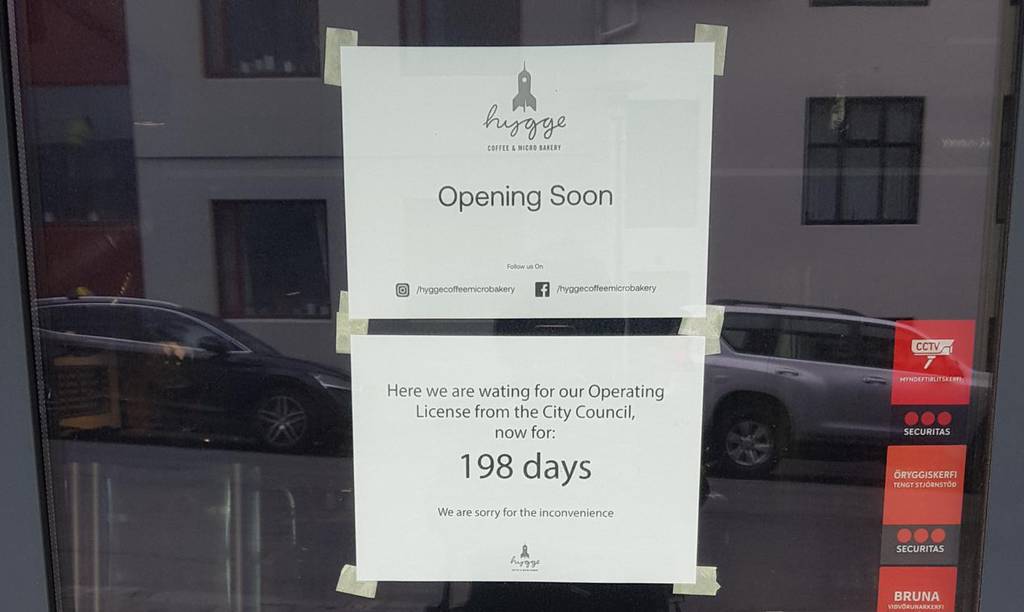‘Gharib’ tells the story of Moroccan soldiers in the Second World War
/s3/static.nrc.nl/images/gn4/data131158564-ce4263.jpg)
Two friends from Morocco decide to travel to Europe during the Second World War, to fight under French colonial authority. They die at sea, rinse in the Netherlands and are buried in Kapelle in Zeeland. Eighty years later, two theater makers bring their story to life in the show Gharib. Marcos Valster da Costa Ferreira (33) and Mahfoud Mokaddem (31) interweave the fictional war history with their personal perspectives and identity.
The idea for GharibArabic for ‘stranger’, created in a eatery in Rotterdam, the city where the two previously played in a performance and true Gharib Can be seen on May 4 as part of Theater Na Dam.
Valster da Costa Ferreira and Mokaddem got to know each other more than fifteen years ago at the Dordrecht youth theater school and also studied at the Academy for Theater in Tilburg. After having followed their own path for a while, they still wanted to go back into the theater together. Mokaddem, of Moroccan descent, heard from his father For the first time about the Moroccan soldiers who fought on the French side. He and Valster Da Costa Ferreira wanted to understand why young Moroccans decided to do so in a time of colonial rule. To this end, they visited the French military honorary field in the Zeeland village of Kapelle, where seventeen Moroccan soldiers are buried.
« When we stood there, we knew immediately: this story must be told, » says Mokaddem. They dived into archives, and discovered that most soldiers who washed up at the Zeeland coast could not be identified.
To bring their story to life, they came up with the fictional characters Khalid and Aburrahmane. They want to compete for freedom in the show – just like their fathers that a generation previously did in the Atlas Mountains. The scenes about Khalid and Aburrahmane are interspersed with dialogues between Mokaddem and Valster da Costa Ferreira, about their own vision of war and the link with the present.
Why did you opt for this form, for alternating between past and present?
Mokaddem: “Of course I find it terrible what happened in the Second World War, but as a Muslim with a migration background I am also working on the wars of today. During my youth I was more concerned with the wars in Iraq and Afghanistan than with the Second World War.
« What we want to achieve is that we make our audience think about war then and now: we all see what is happening in the world, if you ask me there is a genocide going on in Gaza. But what can we do here – certainly now that politics seems to be blind to what is going on? There are many possibilities, I think. From giving a small donation on social media. »
Valster da Costa Ferreira: “We are being more and more forced to be busy with war. It is precisely that that is why it is important to tell these kinds of stories. If your entire village is subject to colonial power, why would you fight for France at all? Where is your loyalty? But in many cultures, including the Moroccan and the Brazilian, will be more roots, in which my own more roots, it will be in my own roots. embrace. »
How do you transfer that message to the show?
Mokaddem: « The art is to bring the story in such a way that everyone is made to think. In a scene we play that Khalid and Aburrahmane get knitted hats from a Zeeland woman, against the cold. That’s an example of a small act, with a big gesture. »
Have you found answers to the questions about loyalty yourself?
Valster da Costa Ferreira: « Making the show brought me new insights. That we may feel more connected to the Netherlands than we dare to admit, for example. And if so, why don’t we dare to admit it? »
Mokaddem: « I realized that we have to form a new culture in the Netherlands. The more often culture is used to put another out of play, the more we-side think. While I think: culture is also an exchange. »
What do you hope to achieve with ‘Gharib’?
Mokaddem: « During Eid Ul-Fitr (sugar festival after Ramadan) I told you distant family members about the show. They had never heard of the Moroccan soldiers and asked if I could invite them. They have never been to the theater. »
Valster da Costa Ferreira: “And I also think that we, because of our background, people for whom the threshold to the theater is normally high, can reach and address. I myself have been adopted from Brazil and grew up in the Netherlands. If I still have to call something positive about that background, it is that I know more of a white audience, and we can do a more white audience and I can adapt to the audience, and we can do a lot of white for the audience. To then for an audience that sometimes experiences it. »
Mokaddem: « Yes, we coordinate our way of speaking to who we have for us. I think that is also our strength. We are taking on difficulties. This is one of the many stories we still want to tell. »

:format(webp)/s3/static.nrc.nl/bvhw/files/2019/08/web-1708zatwongjpg.jpg)
:format(webp)/s3/static.nrc.nl/images/gn4/stripped/data132512191-bf7b93.jpg)
/s3/static.nrc.nl/images/gn4/data133305174-ec8c91.jpg)



